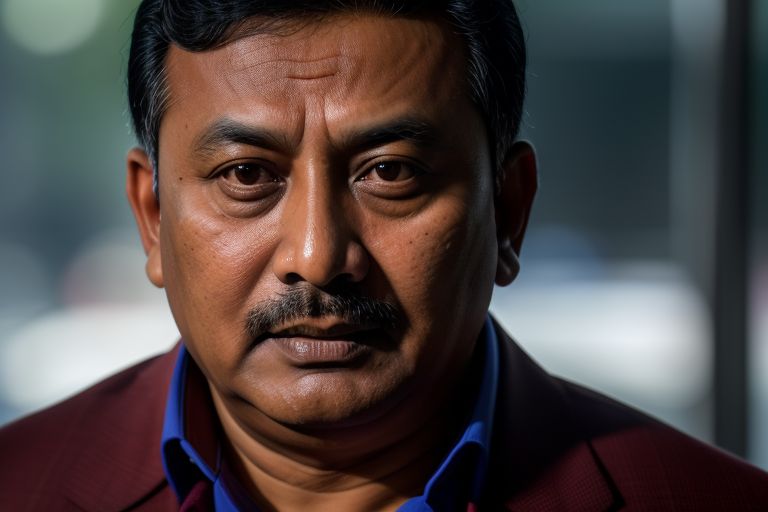Police in Nepal have arrested Durga Prasai, a prominent businessman and outspoken critic of the government, on charges of violating the country’s Electronic Transactions Act. Prasai was taken into custody from his residence in Bhaktapur on Wednesday evening after authorities issued an arrest warrant against him. The move comes amid tensions between Prasai and the ruling coalition, with the businessman having recently organized mass protests against the government.
Prasai, who owns several medical colleges and hospitals across Nepal, has been a vocal critic of Prime Minister Pushpa Kamal Dahal’s administration. He has accused the government of corruption and mismanagement, particularly in the health sector. The arrest stems from allegations that Prasai used social media platforms to spread misinformation and incite unrest against the government. Police officials stated that they had been monitoring Prasai’s online activities for some time before deciding to take action.
Human rights organizations have criticized the Electronic Transactions Act, under which Prasai has been charged, for its broad language that can be used to stifle free speech. Critics argue that the law has increasingly targeted dissenting voices and opposition figures. Prasai’s arrest has sparked debate about the limits of free expression in Nepal and the government’s handling of criticism.
Supporters of Prasai have condemned the arrest, calling it politically motivated and an attempt to silence opposition voices. They argue that Prasai’s social media posts were within the bounds of legitimate criticism of government policies. Meanwhile, government officials defend the action, stating that no one is above the law and that Prasai’s online activities threaten public order and national security.
The arrest has drawn attention to the ongoing political tensions in Nepal, with opposition parties accusing the government of authoritarian tendencies. The incident has also highlighted the growing role of social media in shaping political discourse in the country and the challenges faced by authorities in regulating online content while respecting freedom of expression.
Legal experts are closely watching the case, as it could set a precedent for how cybercrime laws are applied to political speech in Nepal. Civil society organizations have called for a fair and transparent legal process, emphasizing the need to balance national security concerns with protecting fundamental rights. The case against Prasai is expected to be a significant test of Nepal’s judiciary and its ability to navigate complex issues at the intersection of technology, politics, and free speech.
As news of Prasai’s arrest spread, small protests erupted in various parts of Kathmandu, with his supporters demanding his immediate release. Police have increased security measures around key government buildings and are monitoring the situation closely. The incident has also sparked discussions on social media platforms, with Nepali citizens divided over the merits of the case and its implications for democracy in the country.
The international community closely monitors the situation, with human rights organizations expressing concern over the potential chilling effect on free speech in Nepal. Some diplomatic missions in Kathmandu have urged the government to ensure due process and respect for fundamental rights throughout the legal proceedings. The case has also drawn attention to the broader issue of digital rights and internet freedom in Nepal, with activists calling for reforms to the country’s cybercrime laws.


